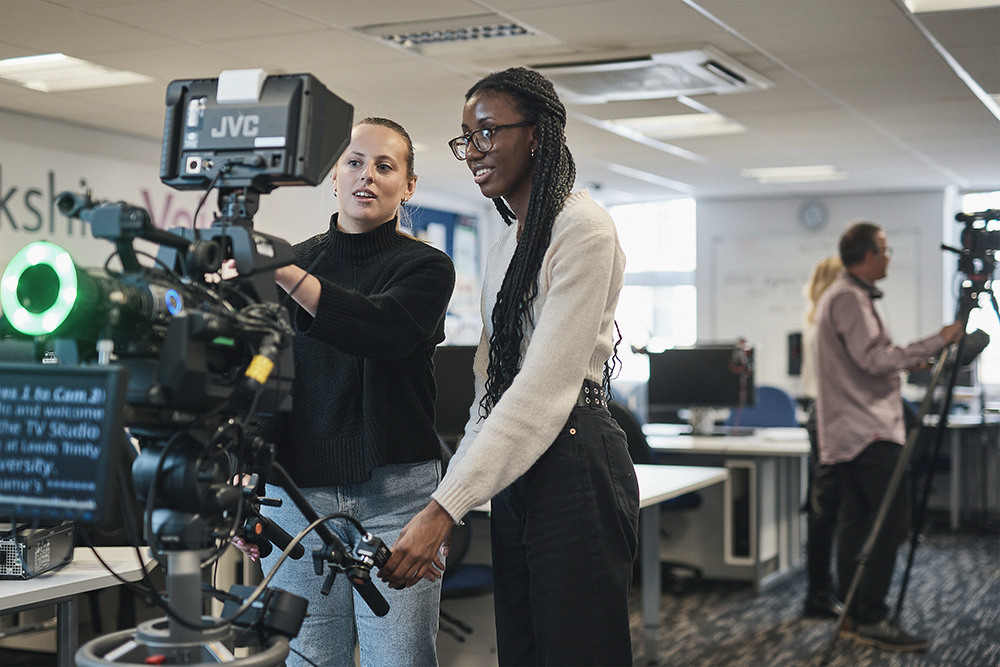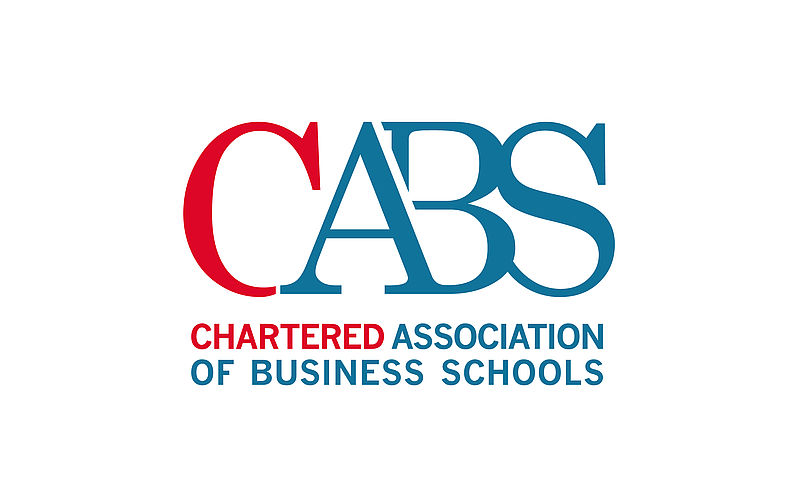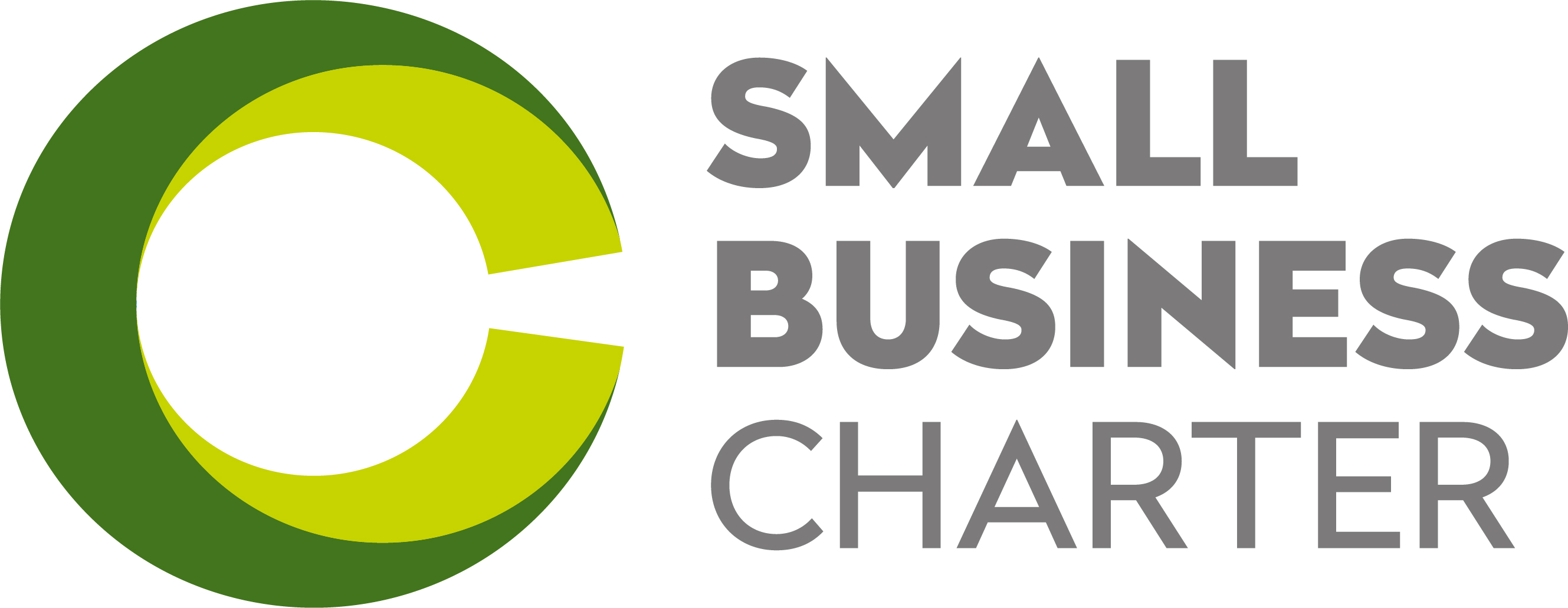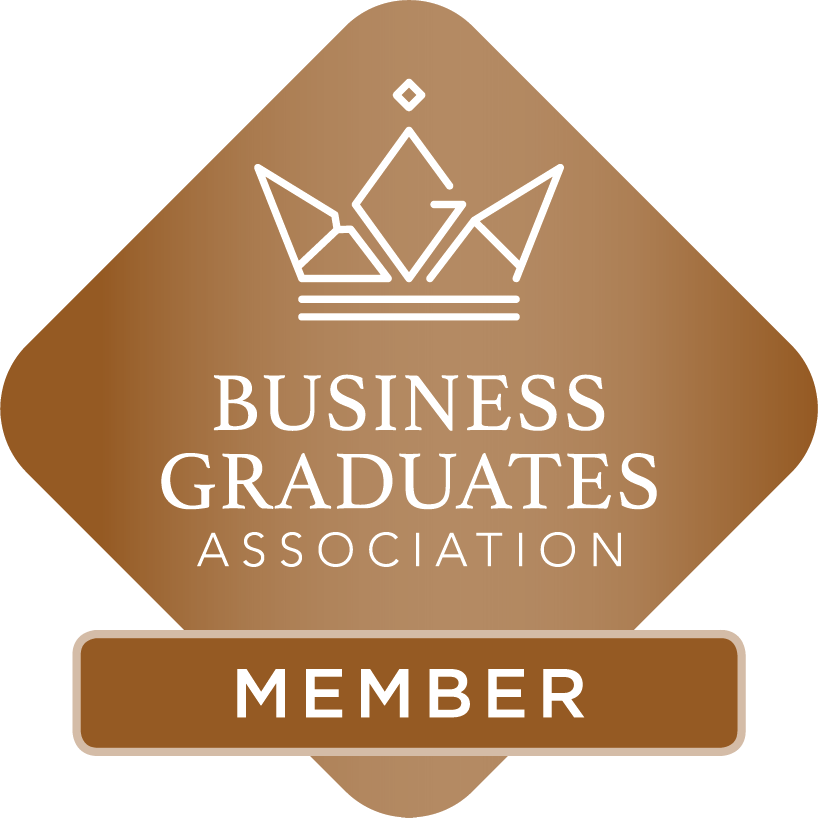Dr. Tahir Islam has fifteen years of diversified work experience both in academics and corporate. He has Ph.D. in Business Administration (Majors: Sustainable Marketing) from the School of Management (AACSB and AMBA Accredited), University of Science and Technology of China (Ranked 93rd in the world as per QS World University ranking, 2021.https://www.topuniversities.com/university-rankings/world-university-rankings/2021.
Dr. Islam is a Senior Marketing Lecturer at Leeds Trinity University, UK. He has also worked as a Senior Lecturer/Academic Lead with the De Montfort University, UK, and Prague University of Economics and Business, Czech Republic. He has also worked with ranked universities in Pakistan, such as Mohammad Ali Jinnah University, as Associate Professor and COMSATS University. He has a keen research interest, including social media, digital marketing, online consumer behavior/internet commerce, social commerce, consumer socialization, Sustainable Luxury Consumption, and Materialism.
He presented research work at international conferences in the UK, USA, Europe, Australia, and Thailand. Dr. Tahir has also published his research work in ABS-listed journals such as Information Technology & People, Technological Forecasting and Social Change, International Journal of Contemporary Hospitality Management, Journal of Retailing and Consumer Services, Journal of Consumer Marketing, and British Food Journal. His teaching interests include Marketing Simulation, Sustainable Marketing, International Marketing, Marketing Research, Consumer Behaviour, Marketing Management, and Social Media Marketing.
He performed administrative affairs of the school, i.e., PG program head, proctorial board member, departmental examination committee head, departmental admission committee member, etc., including curriculum development, course handbook preparation in coordination with the Program Leader and Module of De Montfort University the United Kingdom and Leeds Trinity University. He has also successfully supervised Ph. D., undergraduate, and Post Graduate final-year research projects/theses.





